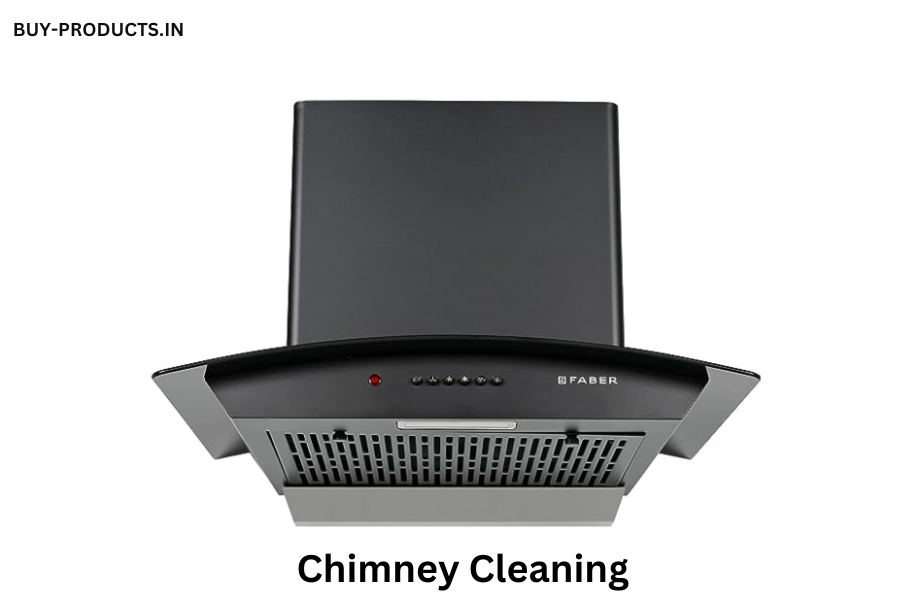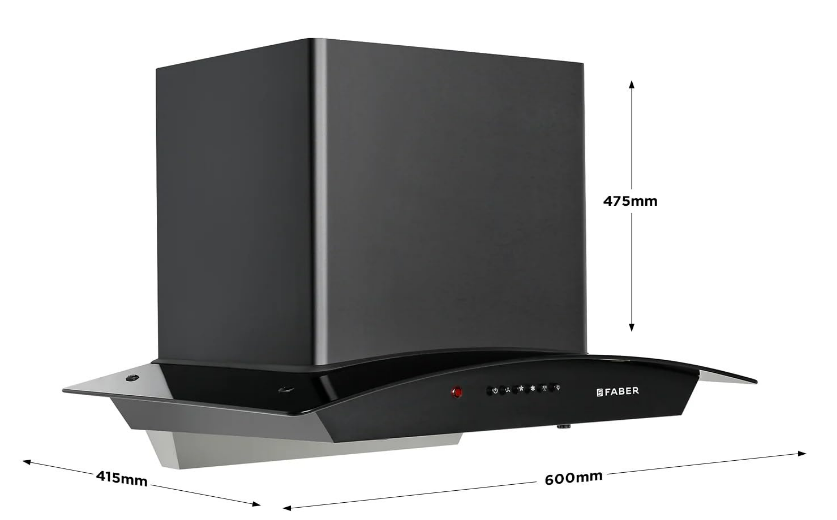The Importance of Chimney Cleaning:
Introduction: Picture this: it’s a chilly evening, and you’ve just lit a cozy fire in your living room. The crackling flames dance in the hearth, casting a warm glow across the room. But as you settle in with a good book, you notice an unpleasant smell permeating the air. Could it be coming from the chimney? This scenario highlights the importance of chimney cleaning, a task often overlooked but essential for maintaining a safe and efficient fireplace. Let’s delve into why chimney cleaning is crucial and how to go about it.

Understanding Chimney Cleaning:
- Chimneys play a vital role in your home’s ventilation system, channeling smoke and gases produced by your fireplace safely outside. However, over time, soot, creosote, and debris can accumulate within the chimney, posing significant risks. Creosote, in particular, is a highly flammable substance that can ignite if not properly removed, leading to chimney fires and potential damage to your home.
Importance of Regular Cleaning:
- Regular chimney cleaning is essential for several reasons. Firstly, it ensures the efficient operation of your fireplace by preventing blockages that can impede airflow. Restricted airflow can lead to smoke backing up into your home or even carbon monoxide poisoning, a silent but deadly threat. Secondly, routine cleaning removes creosote buildup, reducing the risk of chimney fires. Lastly, a clean chimney helps maintain indoor air quality by preventing the release of harmful pollutants into your home.

Signs Your Chimney Needs Cleaning:
Knowing when to clean your chimney is crucial for maintaining a safe environment. Keep an eye out for these telltale signs that indicate it’s time for a cleaning:
- Persistent Smoke Odor: If you notice a strong, lingering smoke smell in your home, it could be a sign of creosote buildup in the chimney.
- Difficulty Starting Fires: Difficulty in lighting fires or fires that burn sluggishly may indicate airflow obstruction due to debris accumulation.
- Visible Soot or Creosote: Peering into your chimney, if you see a buildup of black, tar-like substance (creosote) or soot, it’s a clear indication that cleaning is overdue.
- Presence of Animals or Debris: Birds, squirrels, and other critters may build nests or leave debris in your chimney, obstructing airflow and posing fire hazards.

DIY vs. Professional Cleaning:
While some homeowners may attempt to clean their chimneys themselves, hiring a professional chimney sweep is often the safest and most effective option. Certified chimney sweeps possess the expertise and specialized equipment necessary to thoroughly clean and inspect your chimney, ensuring all safety standards are met. Additionally, professional chimney cleaning services typically include a comprehensive inspection of the chimney and fireplace, identifying any potential issues that require attention.
Steps in Professional Chimney Cleaning:
- Inspection: A certified chimney sweep will begin by inspecting the chimney and fireplace, assessing the extent of buildup and any structural issues.
- Cleaning: Using specialized brushes, rods, and vacuums, the chimney sweep will systematically remove creosote, soot, and debris from the chimney flue and fireplace.
- Inspection of Damper and Flue: The damper and flue are examined to ensure they are functioning correctly, allowing for proper airflow and ventilation.
- Exterior Inspection: The chimney exterior is inspected for signs of damage, such as cracks or missing mortar, which could compromise its integrity.
- Final Assessment: Once cleaning is complete, the chimney sweep will provide a final assessment of the chimney’s condition and recommend any necessary repairs or maintenance.
Frequency of Cleaning: The frequency of chimney cleaning depends on several factors, including the frequency of fireplace use, the type of fuel burned, and the chimney’s condition. As a general guideline, it’s recommended to have your chimney cleaned and inspected at least once a year, preferably before the start of the heating season. However, if you use your fireplace frequently or burn wood that produces more creosote buildup, more frequent cleanings may be necessary.
Conclusion: In conclusion, chimney cleaning is a vital aspect of home maintenance that should not be overlooked. By keeping your chimney clean and well-maintained, you ensure the safety, efficiency, and longevity of your fireplace system. Whether you opt for professional chimney cleaning services or tackle the task yourself, prioritizing chimney maintenance is key to enjoying a warm and cozy home environment while minimizing the risk of chimney fires and other hazards. So, before you light that next fire, make sure your chimney is clean and ready to keep your hearth—and your home—happy.
Frequently Asked Questions About Chimney Cleaning
1. Why is chimney cleaning necessary? Chimney cleaning is necessary to remove creosote, soot, and debris that can accumulate in the chimney over time. These substances are highly flammable and can pose a fire hazard if not properly removed. Additionally, chimney cleaning ensures proper ventilation and airflow, reducing the risk of smoke backing up into your home or carbon monoxide poisoning.
2. How often should I clean my chimney? The frequency of chimney cleaning depends on several factors, including the frequency of fireplace use, the type of fuel burned, and the chimney’s condition. As a general guideline, it’s recommended to have your chimney cleaned and inspected at least once a year, preferably before the start of the heating season. However, more frequent cleanings may be necessary for heavy fireplace use or if burning wood that produces more creosote buildup.
3. Can I clean my chimney myself? While some homeowners may attempt to clean their chimneys themselves, hiring a professional chimney sweep is often the safest and most effective option. Certified chimney sweeps possess the expertise and specialized equipment necessary to thoroughly clean and inspect your chimney, ensuring all safety standards are met. Additionally, professional chimney cleaning services typically include a comprehensive inspection of the chimney and fireplace, identifying any potential issues that require attention.
4. How long does chimney cleaning take? The duration of chimney cleaning depends on various factors, including the size of the chimney, the extent of buildup, and whether any additional repairs or maintenance are required. On average, chimney cleaning by a professional chimney sweep can take anywhere from 30 minutes to a few hours, depending on the complexity of the job.
5. What are the signs that my chimney needs cleaning? Several signs indicate that your chimney needs cleaning, including:
- Persistent smoke odor in your home
- Difficulty starting fires or fires that burn sluggishly
- Visible buildup of soot or creosote in the chimney
- Presence of animals or debris obstructing airflow
6. How do chimney sweeps clean chimneys? Chimney sweeps use specialized brushes, rods, and vacuums to remove creosote, soot, and debris from the chimney flue and fireplace. The process involves systematically scrubbing the interior surfaces of the chimney to dislodge buildup and then using a vacuum to remove the loosened debris. Additionally, chimney sweeps inspect the damper, flue, and chimney exterior for any issues that may require attention.
7. Are there any risks associated with chimney cleaning? Chimney cleaning itself does not pose significant risks when performed by a trained professional. However, there are inherent dangers associated with chimney maintenance, such as working at heights and exposure to creosote and other pollutants. Hiring a certified chimney sweep ensures that the cleaning process is conducted safely and effectively, minimizing any potential risks.
